History of Zoology (before Darwin)
Ancient Zoology
The study of animals, or Zoology, has its roots in ancient civilizations. The earliest records of zoological studies come from Ancient Egypt, where animals were often depicted in hieroglyphics and art. Egyptians had a deep understanding of the animals in their environment, often associating them with gods and using them in religious rituals.
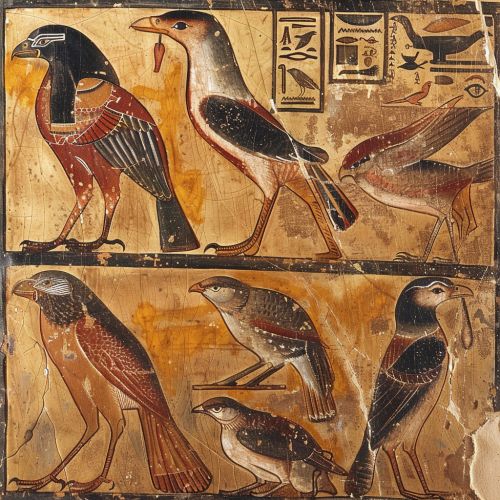

The Ancient Greeks also contributed significantly to early zoology. Aristotle is often considered the father of zoology due to his extensive studies and writings on the subject. His works, such as Historia Animalium, detailed the habits, behaviors, and physical characteristics of many animals, and his classifications of animals laid the groundwork for modern taxonomy.
Middle Ages and Renaissance
During the Middle Ages, zoological knowledge was largely preserved and expanded upon by Islamic scholars. Al-Jahiz's Kitab al-Hayawan (Book of Animals) is a significant work from this period, containing detailed observations and theories on animal behavior and life.
The Renaissance saw a renewed interest in zoology, with scholars such as Ulisse Aldrovandi and Conrad Gessner publishing comprehensive works on animals. Gessner's Historiae animalium is considered one of the first modern zoological works, covering a wide range of animals with detailed illustrations.
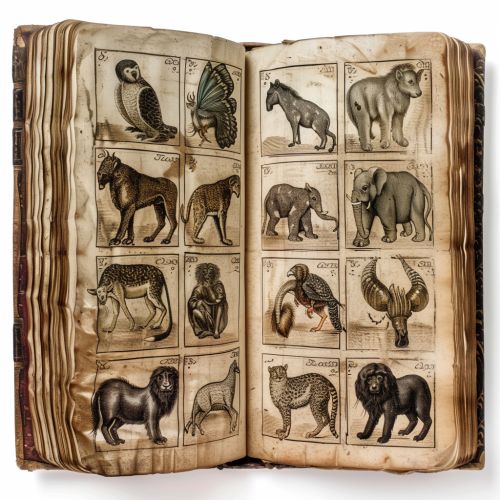
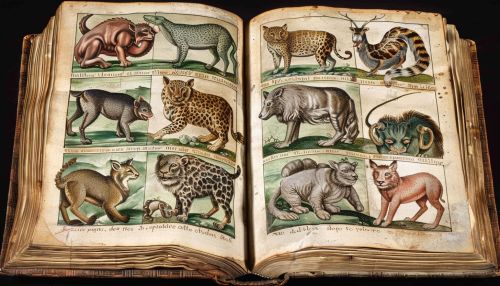
Enlightenment Era
The Enlightenment era brought about a scientific revolution, with zoology becoming a distinct scientific discipline. Carl Linnaeus' Systema Naturae introduced binomial nomenclature, the system of naming species that is still in use today. Linnaeus' work laid the foundation for the field of taxonomy, the classification of organisms.
Georges-Louis Leclerc, Comte de Buffon's Histoire Naturelle was another significant work from this period. It covered all known animals and introduced theories on species variation and the influence of the environment on animals.
19th Century Zoology
The 19th century saw significant advancements in zoology, with the development of new technologies and methodologies. The invention of the microscope allowed for the study of microorganisms, leading to the field of microbiology.
Jean-Baptiste Lamarck proposed the theory of Lamarckism, the idea that an organism can change during its lifetime in response to its environment, and that these changes are inheritable. Although Lamarck's theories were later largely discredited, they were influential in the development of evolutionary theory.
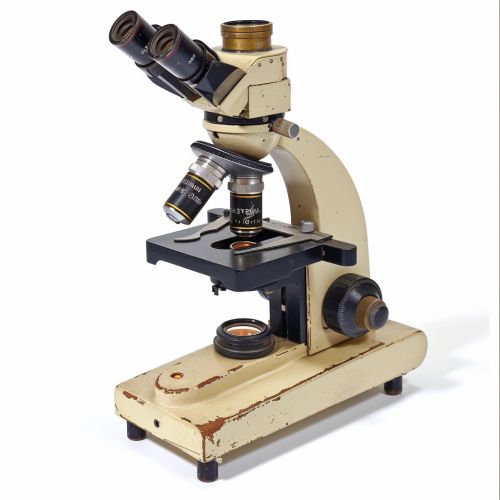
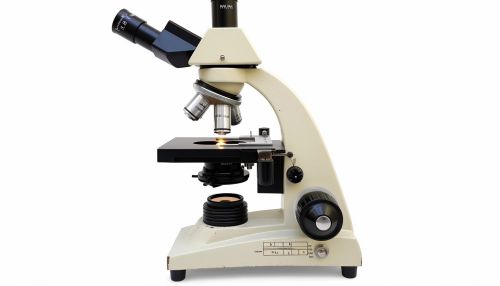
Conclusion
The history of zoology before Darwin is a rich tapestry of discovery and understanding. From the ancient civilizations to the scientific revolution of the Enlightenment era, each period contributed significantly to our understanding of the animal kingdom. The study of animals has always been a crucial part of human culture and knowledge, and the foundations laid by these early zoologists continue to influence the field today.
